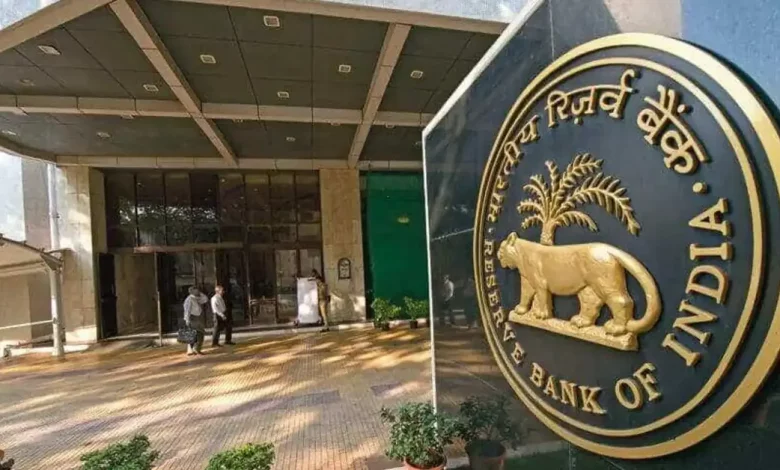Daily Current Affairs for UPSC
Domestic Systemically Important Banks (D-SIBs)
Syllabus: Indian Economy[GS Paper-3]

Context: The RBI organisation said that SBI, ICICI Bank and HDFC Bank are very important for the Indian economy because they are big banks with a lot of connections. These labels identifying them as D-SIBs came due to their size, mix up things inside bank operations and warmth kind response in replacing options among people.
Details about the news:
- As a result of these changes, an additional common equity requirement must be applied to the banks in accordance with the bucket they are placed in.
- Common Equity Tier 1 (CET1) is a component of Tier 1 capital, primarily consisting of common stock held by a bank or other financial institution.
- The Reserve Bank of India (RBI) has made changes to its categorization, with the State Bank of India (SBI) and HDFC Bank being moved to higher buckets in the latest update.
- However, ICICI Bank has remained in the same bucketing structure as it was last year.
- SBI has been moved from buckets 3 to 4, while HDFC Bank has moved from buckets 1 to 2.
- This update was made based on the increased systemic importance of HDFC Bank following the merger of erstwhile HDFC Limited into HDFC Bank on July 1, 2023.
Domestic Systemically Important Banks (D-SIBs):
- In 2014, the Reserve Bank created a system for dealing with big banks in our country that are very important (D-SIBs).
- This rule makes it necessary to share the names of big banks with high risk (D-SIBs) and places them into groups depending on their Systemic Importance Scores.
- Depending on which bucket a D-SIB is in, they will have to use more common money for equity.
Key Features of the D-SIBs:
- When a bank is called “too big to fail” (D-SIB), it means its collapse would badly affect the banking system and economy in general.
- The government will likely help banks that are seen as too big to collapse.
- The Reserve Bank of India sorts banks into five groups according to how important they are.
- Big banks that do lots of different things in many places, and have few other choices is what people think are important to the whole system.
- Banks with assets that are more than 2% of the country’s money made in a year (GDP) belong to this group.
- These banks must keep a bigger part of risk-based assets as first level equity because they are important to the economy and country.
Importance of D-SIBs:
- D-SIBs are economically important and their failure could cause major disruptions in banking services and the overall economy.
- The government is expected to support these banks in times of distress because they are considered too big to fail.
- D-SIBs may have funding advantages because of the belief that the government will support them, and they are also subject to specific policies aimed at addressing risks and moral hazards.
Source: Indian Express





.png)



